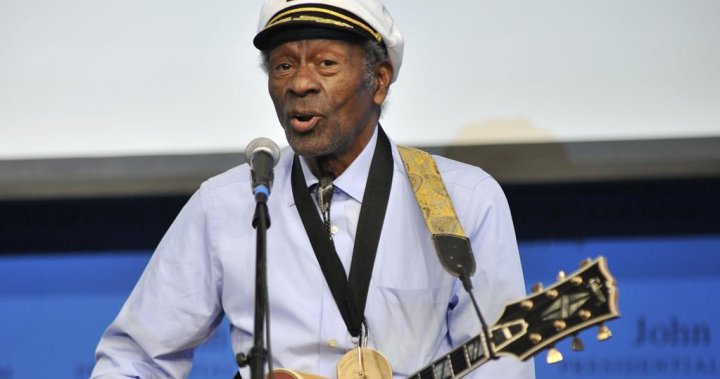
Future immortals: What of today’s music will humanity be listening to hundreds of years from now?
Global News
The world still reveres classical music written centuries ago. Will any of today's music experience the same kind of longevity? Tough question.
What’s the oldest song you know? I’m not talking about something from oldies radio but something really old.
Some people will cite a hymn or other piece of devotional music (Think Joy to the World, composed by Isaac Watts in 1719). But once ethnomusicologists start weighing in, learn of songs that are much older. The oldest folk song ever discovered is Hurrian Hymn to Nikkal, which was committed to a clay tablet using a crude form of musical notation and dates to at least 1400 BCE. Music used in religious rituals, such as Rigveda from the area where India and Pakistan exist today, has been around for at least 35 centuries.
But what about popular secular music in the Western world?
JS Bach (d. 1750), Mozart (d. 1791), and Beethoven (d. 1827) have all outlived their music by centuries. Hardcore classical music fans still enjoy the works of Guillaume Du Fay, a French composer who died in 1474.
When Johann Pachelbel wrote his “Canon in D” sometime around 1680, he probably didn’t expect it to live much longer than he did. Yet although Pachelbel died in early 1706, his composition is not only still being performed and recorded today, it’s also been adapted and co-opted by artists today.
“Go West” from The Pet Shop Boys, “C U When U Get There” from Coolio, Kylie Minogue’s “I Should Be So Lucky,” and “All Together Now” from The Farm are all based in some way on “Canon in D.”
You can even make a case for “Basket Case” by Green Day and “Don’t Look Back in Anger” from Oasis being inspired by Pachelbel. No wonder producer Pete Waterman once described the piece as “almost the godfather of pop music.”
This begs for us to engage in a thought experiment. Which of today’s artists, if any, will experience similar immortality?
